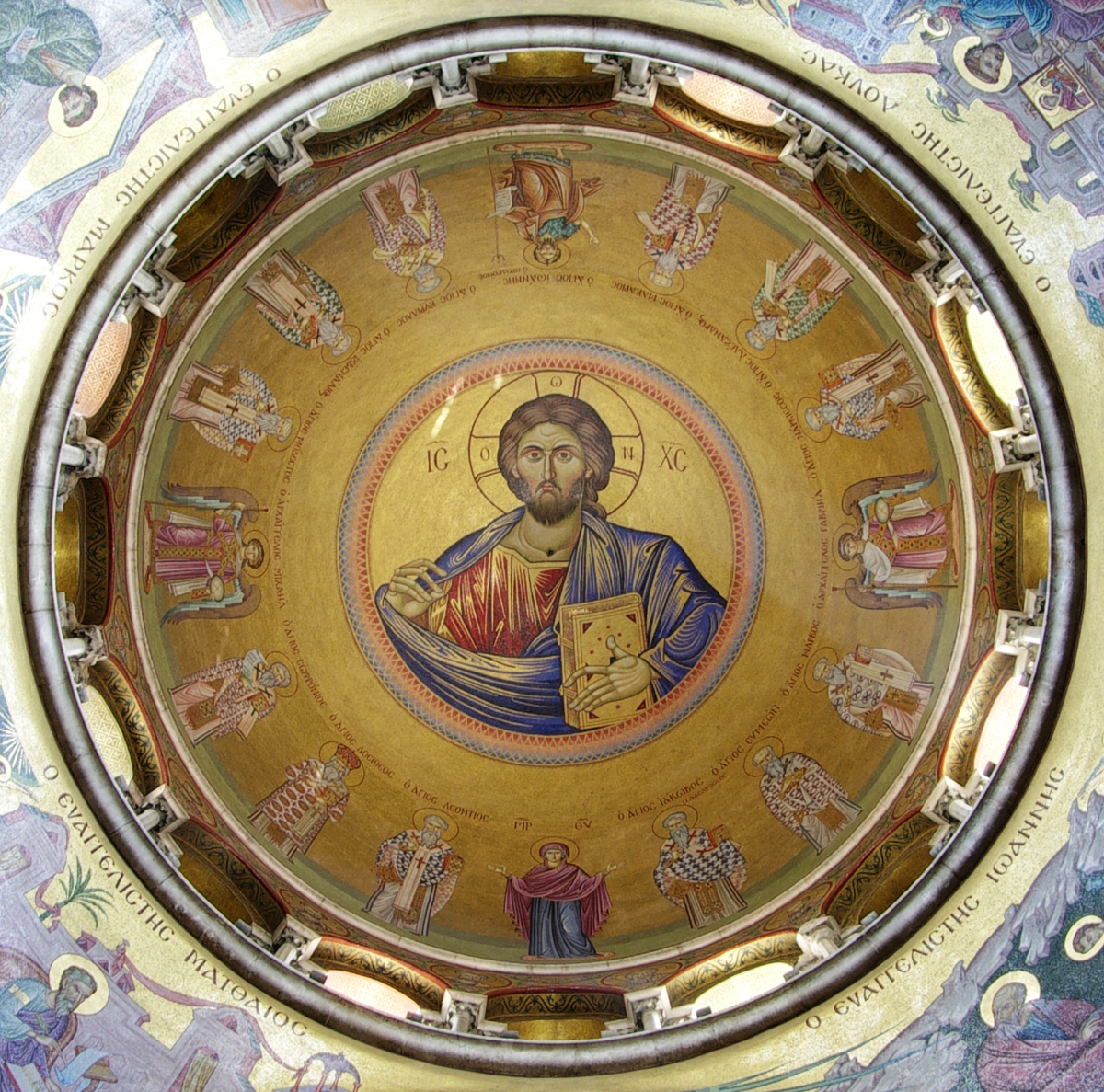- Nov 26, 2019
- 15,757
- 8,320
- 50
- Country
- United States
- Gender
- Male
- Faith
- Generic Orthodox Christian
- Marital Status
- Celibate
Here's a possible explanation, especially if this happened at a UCC church. The UCC for a number of reasons has a relationship with the Disciples of Christ that they refer to as "full communion", which is far more comprehensive in practice than the intercommunion agreement they have with the ELCA. The agreement falls just short of a merger, and ministers ordained in the UCC are also considered credentialed in the Disciples (and vice versa).
Now here's why that's relevant. The Disciples grew out of the Second Great Awakening with the intent of abolishing denominations in favor of Christian unity. Historically, the movement failed on a massive scale; the movement itself split three ways over 150 years giving us the Church of Christ (those guys that don't use musical instruments), the Disciples, and the Christian Churches (Church of Christ with instrumental accompaniment). The one thing that all three of the splinter groups still have in common is weekly observance of Communion; however, they are rather anti-liturgical. Because of some of their theological quirks, the preaching minister plays no role in the observance save the taking of the elements like everyone else. Communion is generally prefaced in these churches with a brief devotional and prayer.
Boring long church history lesson short, I'm betting there's some Disciple influence in that service somewhere.
Perhaps, but I have acquired several liturgical books of the Christian Church/Disciples of Christ and all of their Eucharistic prayers feature the Words of Institution.
Additionally, increasingly the Eucharistic prayer is led by the Pastor with the Elders merely assisting, as opposed to in the past, or in the more traditional Church of Christ, where the Elders say the Eucharistic Prayer and the Pastor only preaches. This was done for reasons of ecumenical compatibility with other Protestant denominations, in order to follow as closely as possible the standard liturgy proposed in dialogue by the different mainline churches.
I would also note that the Christian Church/Disciples of Christ are much less liberal than the United Church of Christ. It was only a few years ago that they capitulated on the issue of homosexual marriage, for example.
Upvote
0


